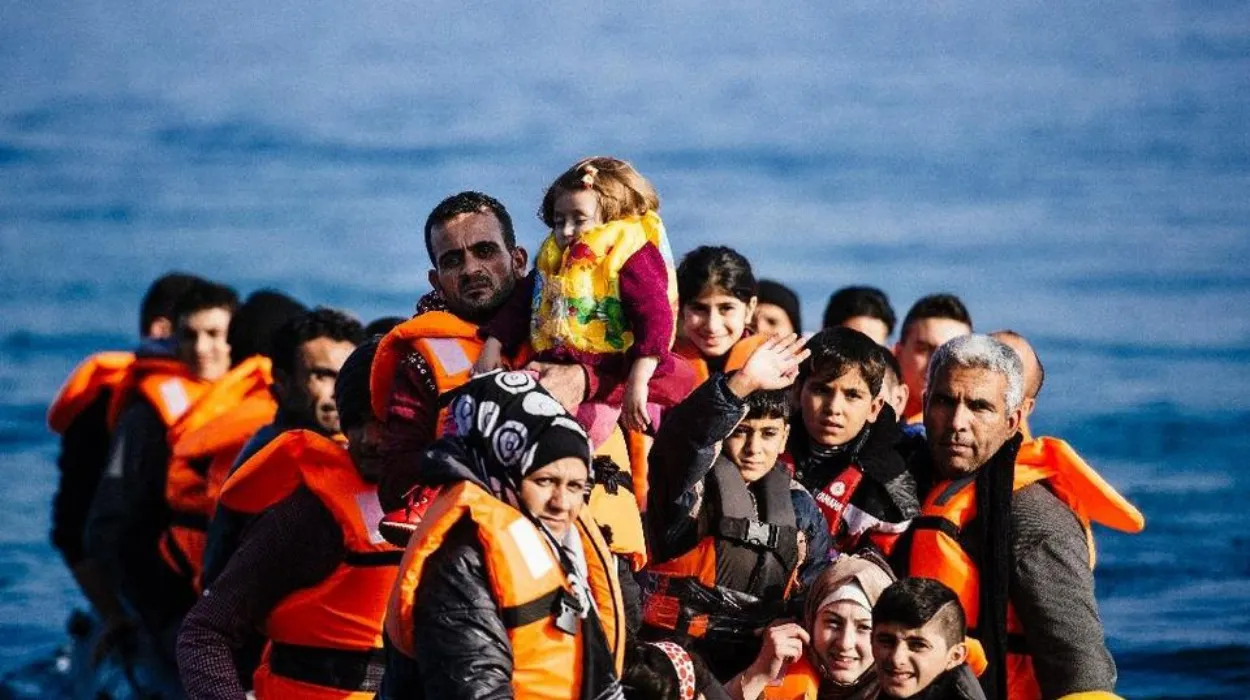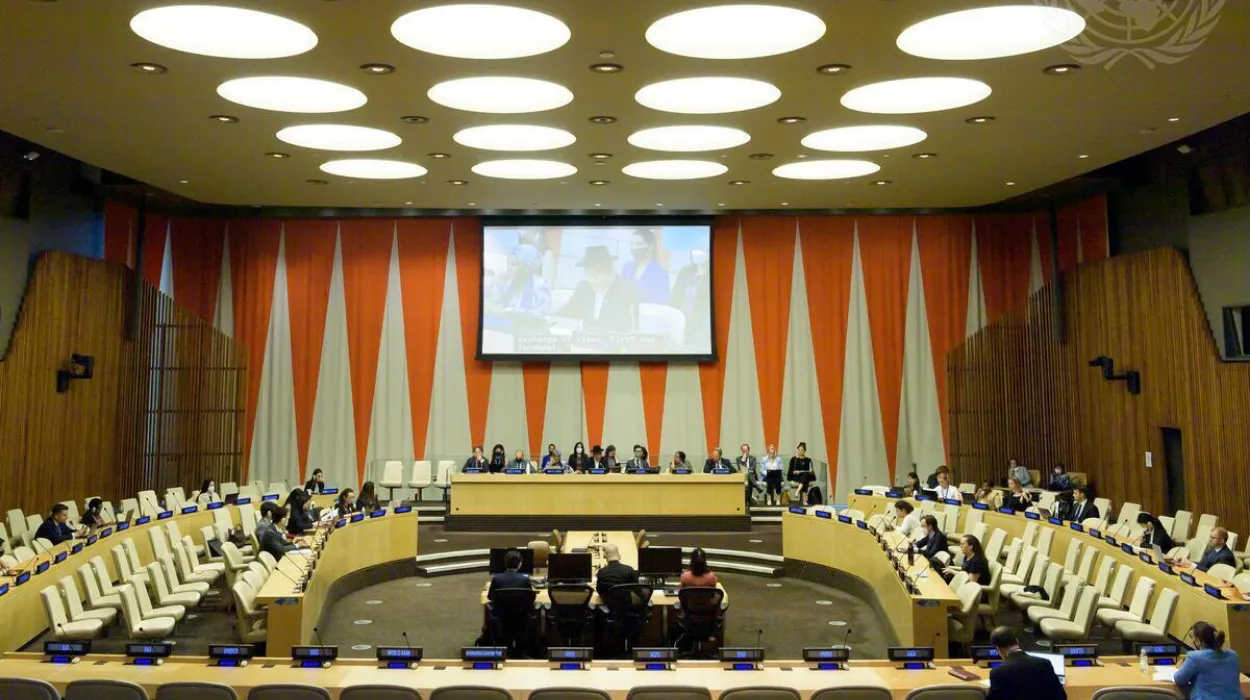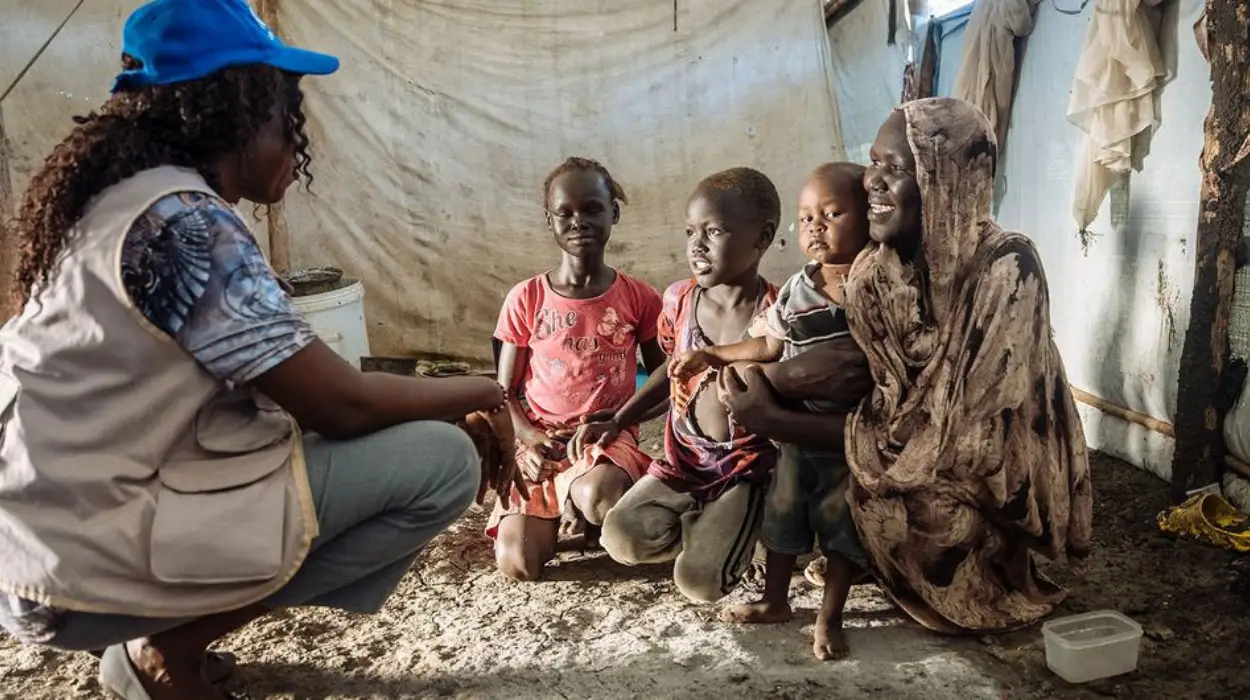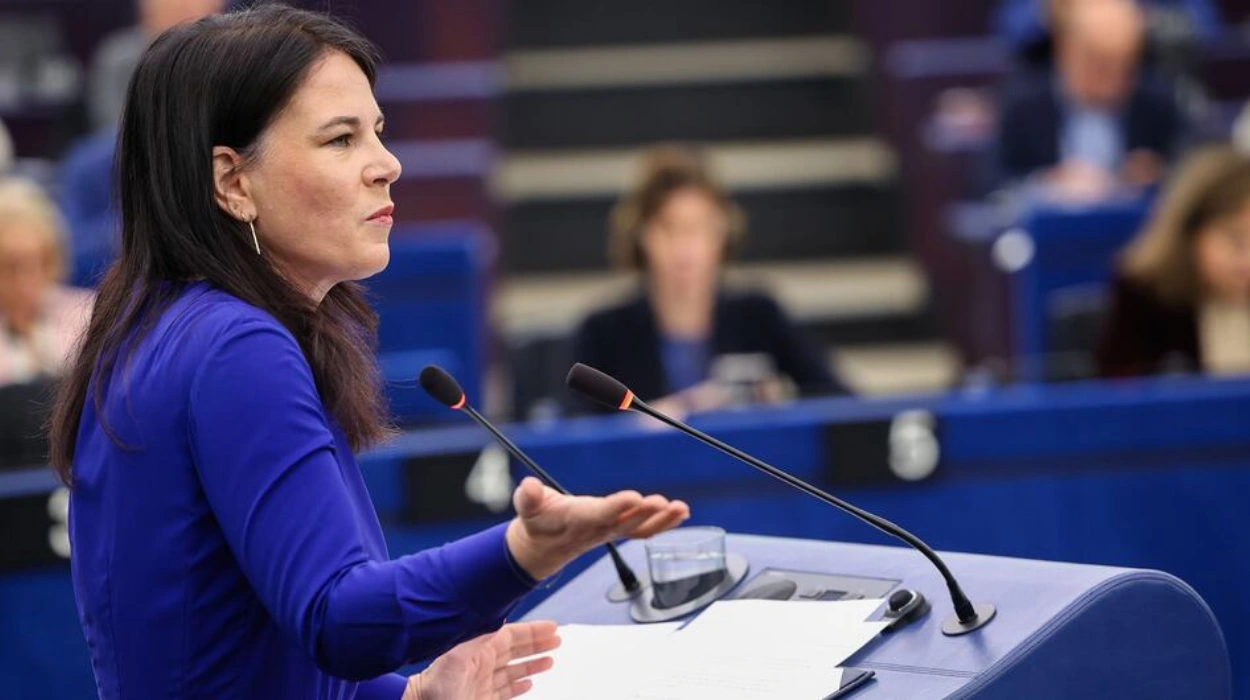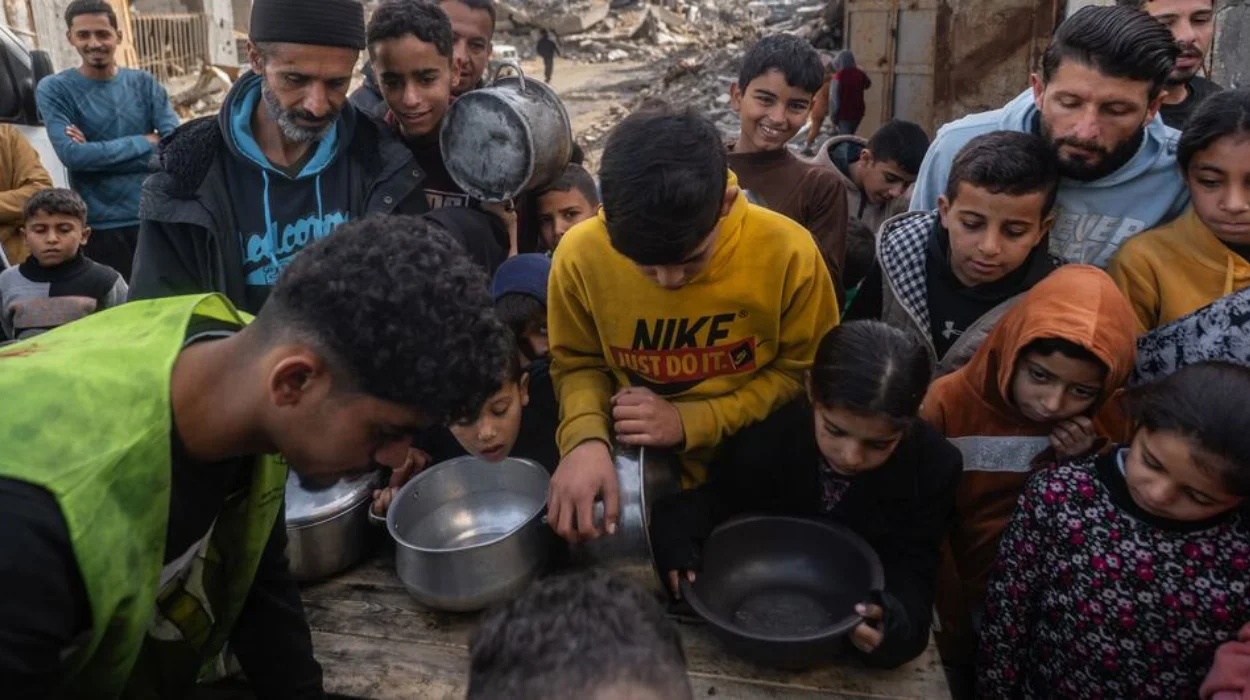Lebanon now has a president after a two-year hiatus. To widespread praise in Lebanon and beyond, Joseph Aoun was sworn in as its fourteenth bearer on January 9. Less glamorously but more significantly, Lebanon has also chosen a prime minister-designate to assemble a cabinet. It is now anticipated that Nawaf Salam, a former Fatah terrorist and member of the Palestine Liberation Organization is now a Lebanese diplomat. He is also the former president of the International Court of Justice and he will take over as premier. It will be Salam’s responsibility as the head of Lebanon’s actual executive power to lead the nation out of its escalating challenges. It includes the issue of what will happen to Hezbollah and its weapons.
It is unclear how likely he is to succeed. What is certain is that Salam is very unlikely to effectively challenge Hezbollah and runs the risk of intensifying internal strife. He is serving as prime minister of Lebanon given the country’s terrible economic situation, postwar reconstruction requirements, and political power dynamics.
What is the role of the president in Lebanon?
According to Lebanon’s pre-civil war constitution, the most important and powerful position was the presidency, which was traditionally reserved for a Maronite, the nation’s largest Christian sect. To better reflect the country’s changing demographic realities, the Taif Agreement of 1989 reorganized Lebanon’s political structure and changed the constitution. It created a balance between the two offices that would now function as mutual counterweights. In part, increasing the authority of the Sunni-designated position of prime minister and his cabinet at the expense of the presidency.
The cabinet sets the general policy of the state in all domains and drafts bills and organizational decrees. It also oversees the activities of all the state’s institutions, including civil, military, and security administrations and institutions without exception. It also oversees the implementation of laws and regulations. Salam will be the newest recipient of that increased authority if he assembles a cabinet and then wins the support of ?parliament in less than 30 days.
What kind of problems does Salam have to face?
The upcoming parliamentary elections in Lebanon are scheduled for May 2026. Therefore, before his government dissolves by operation of law, Salam has a maximum of one and a half years to address a wide variety of difficulties, from a collapsing economy and inadequate infrastructure to security challenges. His administration will be in charge of carrying out the cease-fire agreement with Israel and UN Security Council Resolution 1701 in its entirety. Furthermore, Salam has already faced and resolved a problem of legitimacy, even though he hasn’t officially taken over as prime minister yet.
Of Lebanon’s 128 lawmakers, 84 voted in favor of Salam’s candidacy. However, that was not intended to occur. As part of the promises and pledges that presidential candidate Aoun made to Hezbollah and the Amal Party. The so-called Shia dual, in return for supporting Aoun’s election, his predecessor and longstanding Hezbollah supporter, Najib Miqati, was scheduled to return to office. First Hezbollah and later Amal withdrew their support when other groups that had appeared to be committed to Miqati abruptly changed their votes to Salam. While Mohammad Raad, the leader of the group’s Loyalty to the Resistance parliamentary caucus, vehemently accused Salam’s supporters of “severing” the conciliatory hand of Hezbollah. He had given by voting for Aoun, the pro-Hezbollah publication Al-Akhbar denounced what it called a “total American coup.”
Shia political lobby and Lebanon’s Sectarian divide
Thus, the two Shias deprived Salam of the support of the only two Shia representative parties in Lebanon, which are perhaps the largest and fastest-growing sect in the country. Additionally, it was unclear from their remarks if they would support or join Salam’s cabinet. While not technically needed, because Lebanon continues to operate based on sectarian power sharing and consensus, tradition would expect Salam’s government to have pan-sectarian backing. Without it, his government would be plagued by the specter of illegitimacy and the “exclusion” of one of Lebanon’s constituent parts.
It seems that things have been resolved between Salam and the Shia pair. Hezbollah and Amal were caught off guard, and their resistance was a flimsy attempt to use their political power to pressure Salam into making promises or concessions. They used a similar strategy when they refused to cast their votes for Aoun in the January 9 presidential election’s first round. They aimed to guarantee that Salam would respect the president’s promises. It was meant to be delivered through Miqati and refrain from taking action against Hezbollah, its weapons, or its shadow state.
Salam and Aoun hurried to appease the Shia pair, with Aoun mediating and Salam assuring them that his designation wasn’t meant to exclude them.


